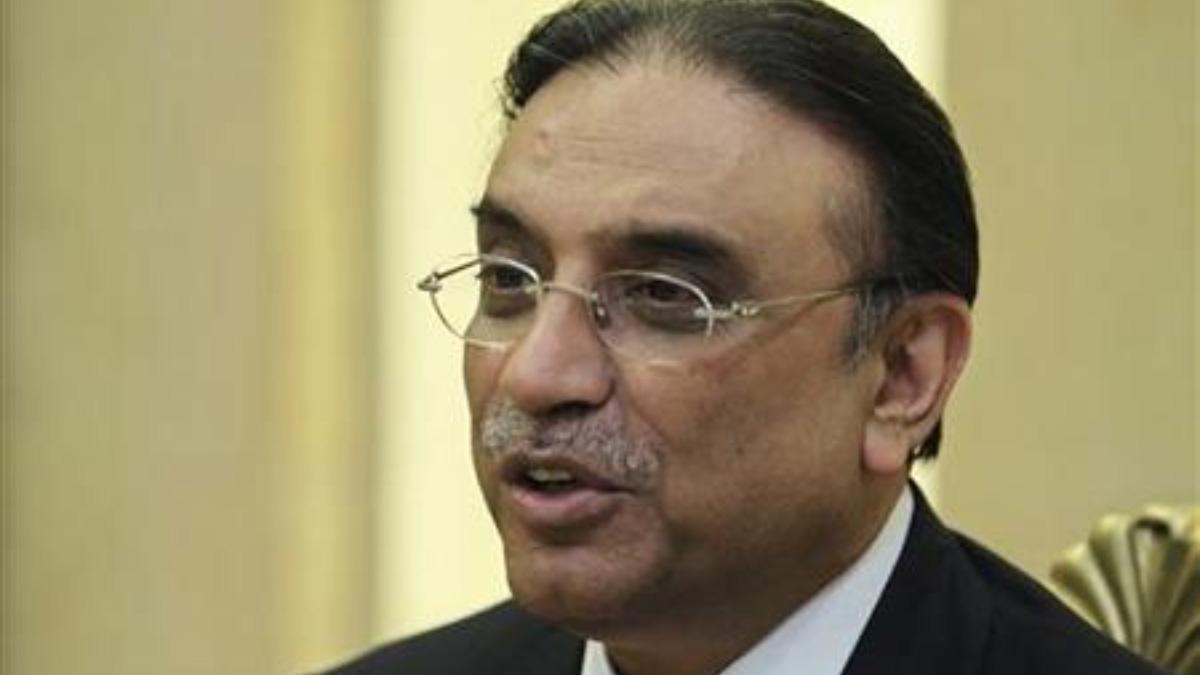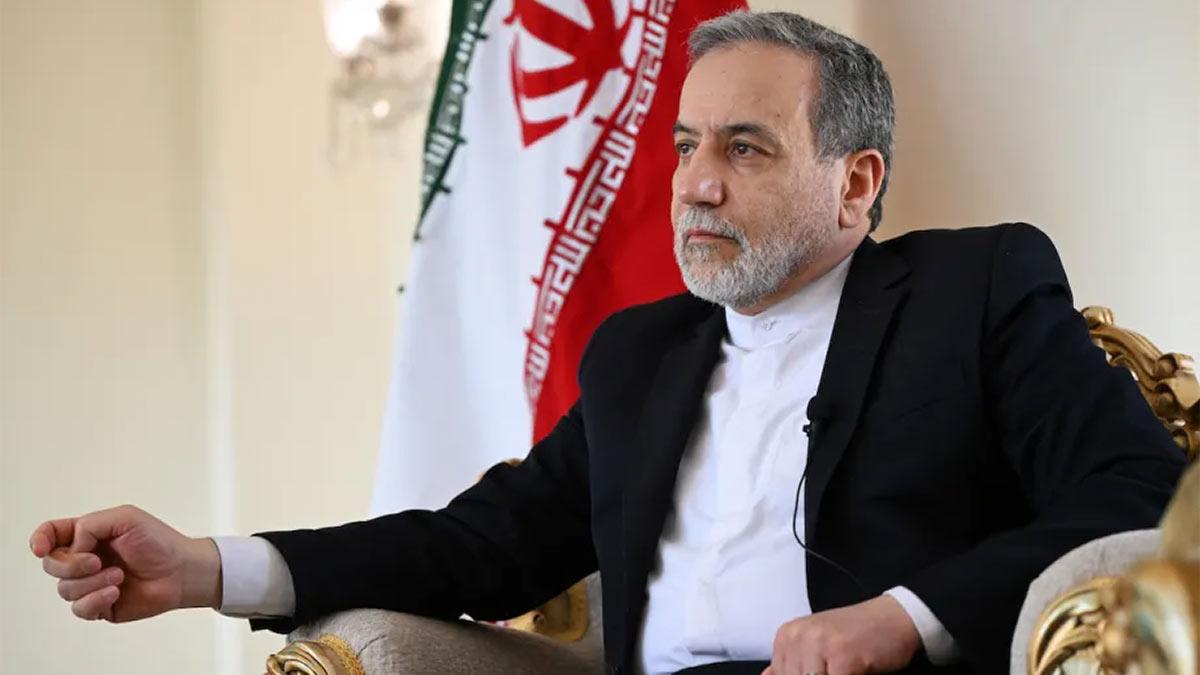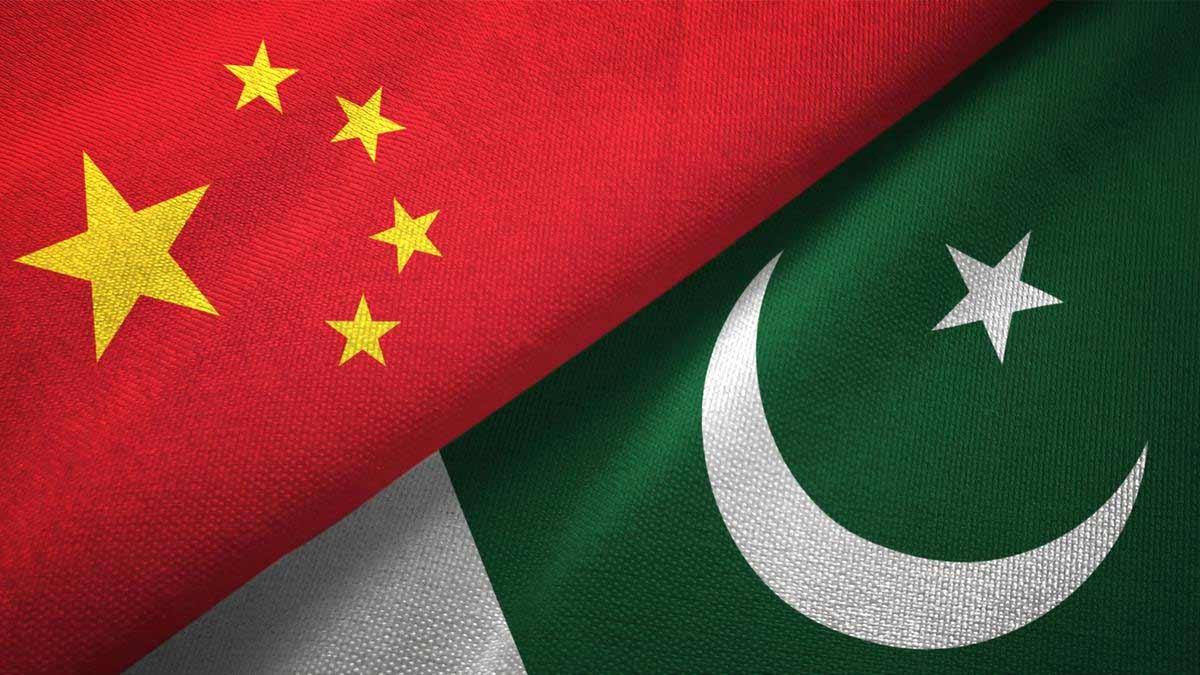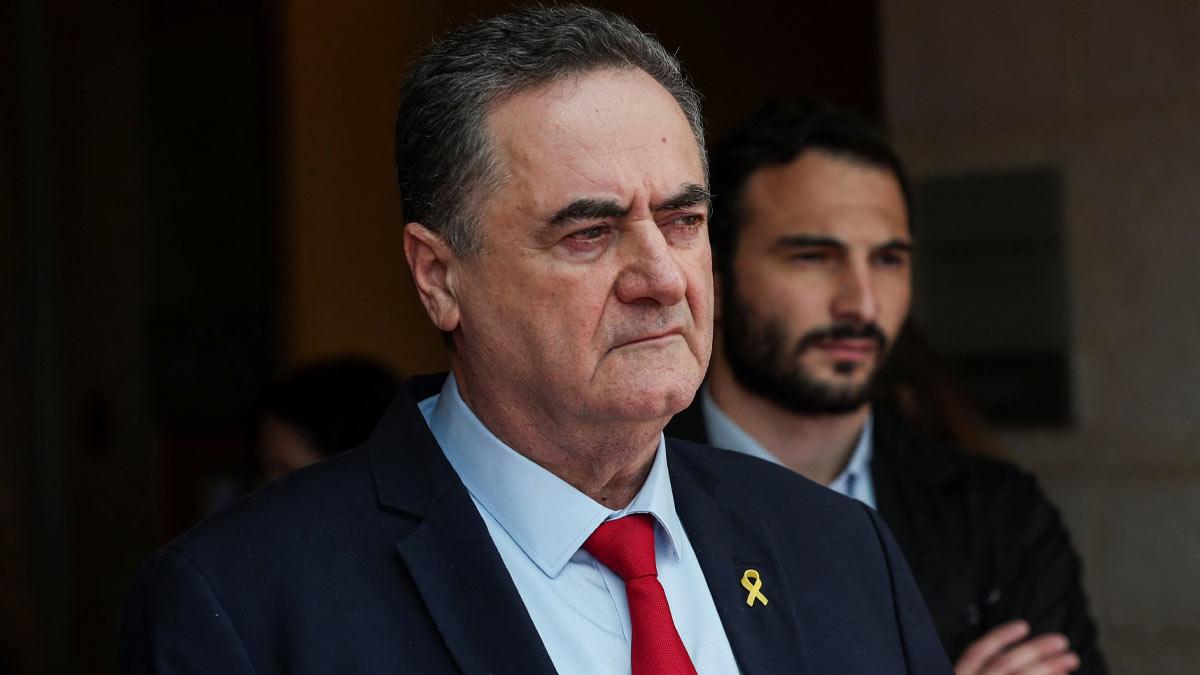Asif Ali Zardari, the former president of Pakistan, is poised to ascend to the presidency as the nation prepares for its 14th presidential election, slated for Saturday.
Taking over from the outgoing Dr. Arif Alvi, whose tenure concluded last year, Zardari steps in amidst a transitional period, owing to the absence of a newly formed electoral college.
A seasoned politician with roots in the business world, Zardari is widely known as the spouse of the late Prime Minister Benazir Bhutto. At 68, he stands as the co-chairman of the Pakistan Peoples Party (PPP) and enjoys the backing of the coalition government led by the Pakistan Muslim League-Nawaz (PML-N), ensuring the requisite support for his candidacy.
This development unfolds as part of a reciprocal arrangement following the fragmented outcome of the February 8 polls. In exchange for PPP's endorsement of PML-N's prime ministerial nominee, Zardari secures support from PML-N, granting his party governance over the Sindh province, among other concessions.
Having previously served as president from 2008 to 2013, Zardari is poised to become the first civilian to secure a second presidential term.
His principal contender, Mahmood Khan Achakzai, heads the Pashtoonkhwa Milli Awami Party (PkMAP) and garners support from the Sunni Ittehad Council (SIC), bolstered by defected independent candidates from Imran Khan's Pakistan Tehreek-e-Insaf (PTI).
Confidence abounds within the ruling coalition regarding Zardari's re-election, given their majority across the Senate, National Assembly, and provincial assemblies, except in Khyber-Pakhtunkhwa.
In accordance with Pakistan's Constitution, the president is indirectly elected by an electoral college comprising federal and provincial lawmakers. Polling stations are established within parliament and provincial assembly buildings to facilitate voting.
Iskandar Mirza, Pakistan's inaugural president, assumed office in 1956, marking the nation's transition to a republic. Prior to this, governance was overseen by governor generals under the auspices of the amended India Act of 1935.
Meanwhile, as Dr. Arif Alvi concludes his tenure, a farewell guard of honor marks the transition to his successor.
Alvi, elected in September 2018, continued in a caretaker capacity after his term officially expired, awaiting the election of his successor, delayed due to the dissolution of the National Assembly and provincial assemblies in August 2023, preceding the February 8 general elections.
With the presidential election looming, Achakzai, backed by Khan and PTI, has called for its postponement, citing an incomplete electoral college, highlighting the vacant reserved seats in national and provincial assemblies, which disenfranchise potential voters and contravene fundamental rights, laws, and the Constitution.
Read also | Biden and Trump Vie for Support as Haley Exits Presidential Race


















